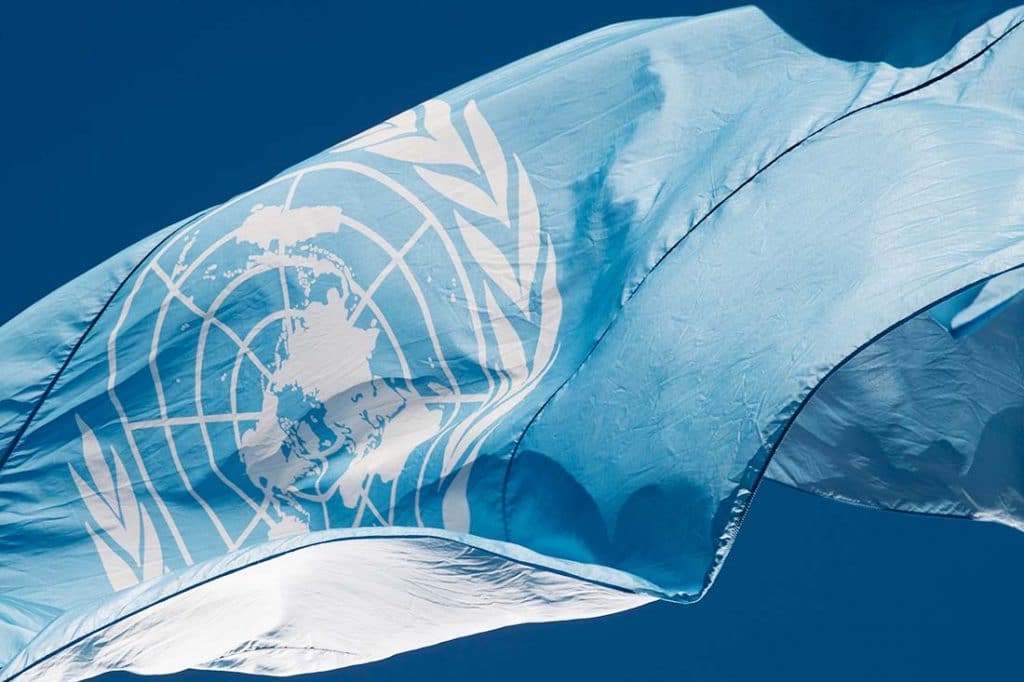Over 120 sitting parliamentarians from over 42 countries and six continents call on the United Nations and its member governments to strengthen the world organization’s “democratic and participatory character.”
In a joint statement issued on Wednesday, they said that three proposals should be implemented: a UN World Citizens’ Initiative, which enables people to put forward proposals on key issues of global concern; a UN Parliamentary Assembly, which includes elected representatives; and a high-level UN Civil Society Envoy to enable greater participation of civil society representatives.
The statement lends political support to a global campaign of 200 civil society groups rallying for these reform ideas dubbed “We The Peoples” in reference to the opening words of the UN’s Charter.
It follows on a report of UN Secretary-General António Guterres titled “Our Common Agenda” which highlighted the need for greater participation and inclusion of various stakeholders in the UN’s work but fell short of recommending institutional changes. According to the lawmakers, “current mechanisms are not sufficient”.
They said that they will encourage Member States to establish a “Group of Friends for Inclusive Global Governance” that works to advance these proposals in collaboration with parliamentarians, civil society and experts.
“Our planet and the 7.8 billion people who live upon it face grave challenges. We urgently require less talk and more decisive action. We call for the 2023 “Summit of the Future” proposed by the UN Secretary-General to enact these global governance innovations to help give humanity a better chance to meet the challenges of the century ahead” they added.
They called for an inclusive and transparent multi-stakeholder process in preparation of the Summit that deliberates on these and other relevant proposals.
Member of Australian Parliament and signatory of the statement Andrew Leigh had a message for politicians around the world: “Strengthening democracy should be a priority for all parliamentarians. By making international institutions more accessible to citizens, we can strengthen trust and make these organizations more effective.”
“Strengthening global democracy is a must in a globalized world facing major challenges,” said Swiss parliamentarian Nicolas Walder, echoing the campaign’s call that global issues require global solutions that are worked out together with citizens.
South African lawmaker Ashor Sarupen joined the plea by stating: “The UN must reform if it is to remain relevant to the modern world. Voters are increasingly demanding accountability and accessibility. It’s not enough to represent views of states when citizens in those states are divided, or are repressed.”
On the added value of civil society to global governance structures, Member of Parliament Susanne Menge from Germany said: “Involving civil society representatives would help to strengthen partnership-based cooperation against power-political interests and to strengthen social and ecological competence in our world.”
Angela Brown Burke from the Jamaican parliament commented that “people must be placed center stage especially as they are directly affected by the decisions taken by governments” at the UN.
Nik Nazmi Nik Ahmad, a Member of Parliament from Malaysia, said: “Change is deeply needed at the United Nations. I strongly believe that the spirit and proposals embodied in the statement will help the UN to emerge stronger in dealing with existential issues like climate change, poverty, hunger, violence and exclusion.”
According to Ivone Soares, a lawmaker from Mozambique, “The UN has no body of its own that brings together parliamentarians so they can be involved and provide oversight. This will be a milestone forward together with giving a stronger voice to citizens and civil society.”



